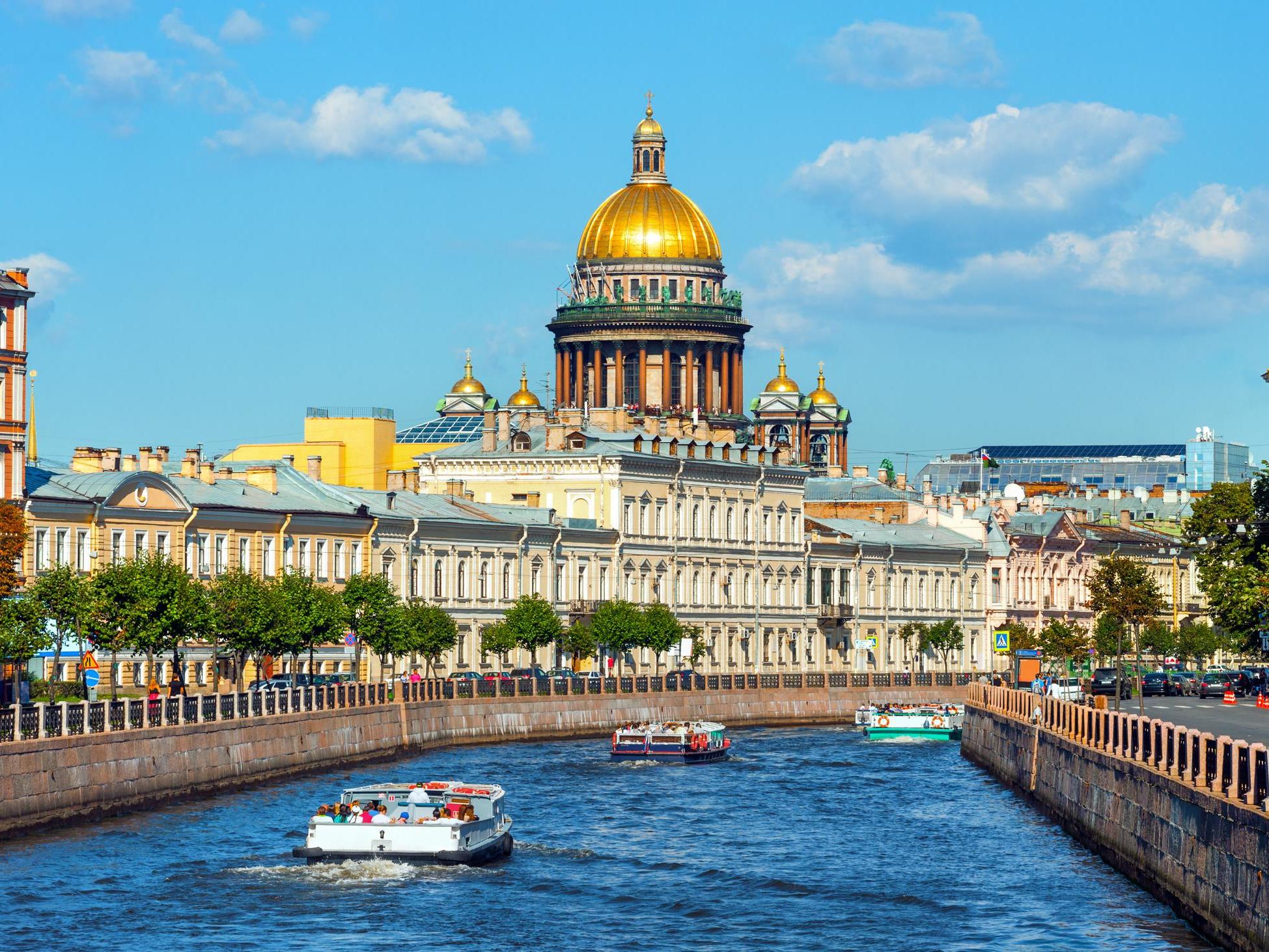Book of a lifetime: The Overcoat by Nikolai Gogol
From The Independent archive: Andrew Miller delves into a 19th century Russian book that blazed a trail for Dostoevsky and Turgenev

Books aren’t like assassinations: even with the most exhilarating, it can be hard to recall where you were when they happened. I’m not sure exactly how I came to read The Overcoat by Nikolai Gogol, though it was definitely several years before I went to live in Moscow. I do remember that Gogol’s dizzying short story about Akaky Akakiyevich, a St Petersburg clerk who buys and loses a new coat with a cat-fur collar, was a revelation.
I’d previously read and loved Herman Melville’s story Bartleby, The Scrivener, about a New York copyist who abdicates his life. The Overcoat was published in 1842, 11 years before Bartleby, and in many ways anticipates it. Both describe the lonely lives and deaths of big-city little men; both have narrators who profess their ignorance of key details of the narratives. In both, the wasting clerks offer their work colleagues an opportunity to be kind, which they mostly decline. But Gogol, it seems to me, goes further and deeper.
There’s a lot in The Overcoat that is as scathingly true in modern Britain as in 19th-century Russia: about the impersonality and casual cruelty of office life; about vanity and self-delusion. One of the best moments is when a pompous boss begins to feel guilty about his treatment of Akaky, so goes off to console himself with his mistress. Gogol knows and writes about poverty – to save a few kopecks, Akaky forswears candles and his evening tea – and the way dreams, even very small ones, can be life-supporting. As I realised when I moved there, much in the story is also eternally insightful about Russia.
Without powerful connections, Gogol’s clerk is doomed. His St Petersburg is a haunted, phantasmagorical city. Men drink too much. This was, for me, an electric introduction to Russian literature. Dostoevsky – or possibly Turgenev: nobody seems to know for sure – said of Russian writers that “we all came out of Gogol’s Overcoat”. Whoever it was, he was right. Eccentricity mixed with reckless honesty; squalor with wild intellectual ambition; characters who somehow leap from the page after a few vivid sentences: the traits that I later discovered in Gogol’s heirs are all here. In particular, he exemplifies the magical Russian talent for writing in different registers, literal and symbolic, at the same time.
Akaky is inscrutable and ethereal, yet pitiably real. He is going bald at the front; bits of straw and thread stick to his trousers. Then there is the eponymous coat, at once a token of status and security and an actual, vital garment. I thought of the coat when I was writing my novel Snowdrops, in which I tried both to convey the practical ways in which the winter shapes Russian life, and to use snow as a metaphor for moral oblivion (in Moscow slang a snowdrop is a corpse hidden by the snow until the thaw). Lolita and Moby-Dick were contenders. But my book of a lifetime is this strange tale about an inconsequential man and his cat-fur coat.
Join our commenting forum
Join thought-provoking conversations, follow other Independent readers and see their replies
Comments
Bookmark popover
Removed from bookmarks